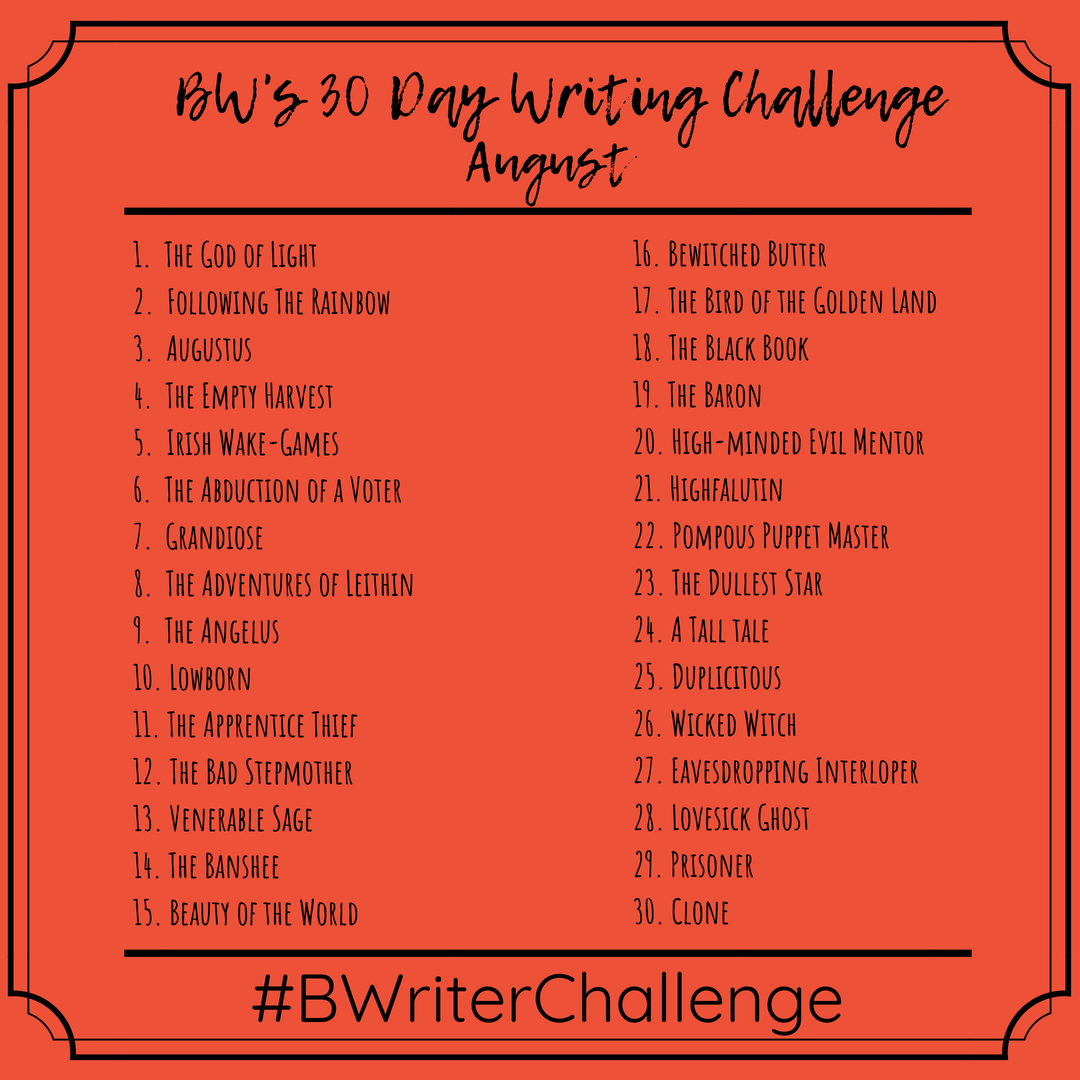
Yet, where Cottagecore offers hope for a good, green world that just might be baked and planted into existence, WitchTok audaciously skips past the bounds of possibility, and promises supernatural means of making life more bearable. In short, it is pure escapism, and so is WitchTok creators of WitchToks often also make Cottagecore videos. Cottagecore videos are saccharine and safe: jam is preserved, mushrooms are picked, and flowing dresses stream across ripe fields while a girlfriend holds the camera and gentle music plays.Ĭottagecore TikToks are perfect means of escapism, featuring castles, fields, elf ears, and magic flutes, among other elements of wonder. Cottagecore is a popular fashion and lifestyle aesthetic that evokes the bucolic idyll of country living. I accidentally found WitchTok because I had – to my shame, I’ll admit – found it calming to watch compilations of Cottagecore TikTok videos in my breaks during PhD research.


Videos labelled #WitchTok have so far clocked up an impressive 18.7 billion views. One of these is the “WitchTok” community. While the most watched TikTok videos may appear asinine to anyone who doesn’t enjoy teenagers lip syncing to popular songs, some surprising subcultures have arisen since the platform’s inception in 2017. The Insights team generates long-form journalism and is working with academics from different backgrounds who have been engaged in projects to tackle societal and scientific challenges. This story is part of Conversation Insights The chat box is buzzing as occultists of various stripes arrive to hear the arguments. As an atheist, I’m very likely in the minority, though I’m not the only Brit to have turned up in spite of it being such an ungodly hour this side of the pond. As I had made a note in my diary of a public debate that I wanted to attend out of sheer curiosity, it seemed astonishing to be asking myself whether Solomonic magic, the same found in books of necromancy dating back hundreds of years, was on the brink of cancellation in 2021.Īt 28, I’m slightly too old to be familiar with the platform Twitch, mostly used for live video streaming, but tonight I’ve managed to get it working for this particular debate. To my further bemusement, it seemed that the tradition of Solomonic magic had recently faced accusations that its strict and authoritative approach to the command of demons amounted to a form of abuse, akin to domestic violence. Twitter had suggested to me that I might be interested in an account called “Solomonic magic”, and a few clicks later I had found myself immersed in a vast online community of young occultists, tweeting and retweeting the latest theories and controversies, and using TikTok to share their craft.

I first discovered this debate because, in the course of studying 16th century books of magic attributed to Solomon, I had found, to my astonishment, that “Solomonic magic” is still alive and well today, and growing in popularity. The other describes themselves as a “Solomonic magician”, and claims to be able to command demons to do his bidding, as some Jewish and Islamic traditions have believed of King Solomon, who ruled Israel in the 10th century BC. One is a “demonolater”, a word I have never heard before, someone who claims they worship demons and can petition them in return for knowledge or power. It’s 1.30am in the morning, and I’m about to watch a duel between magicians.


 0 kommentar(er)
0 kommentar(er)
